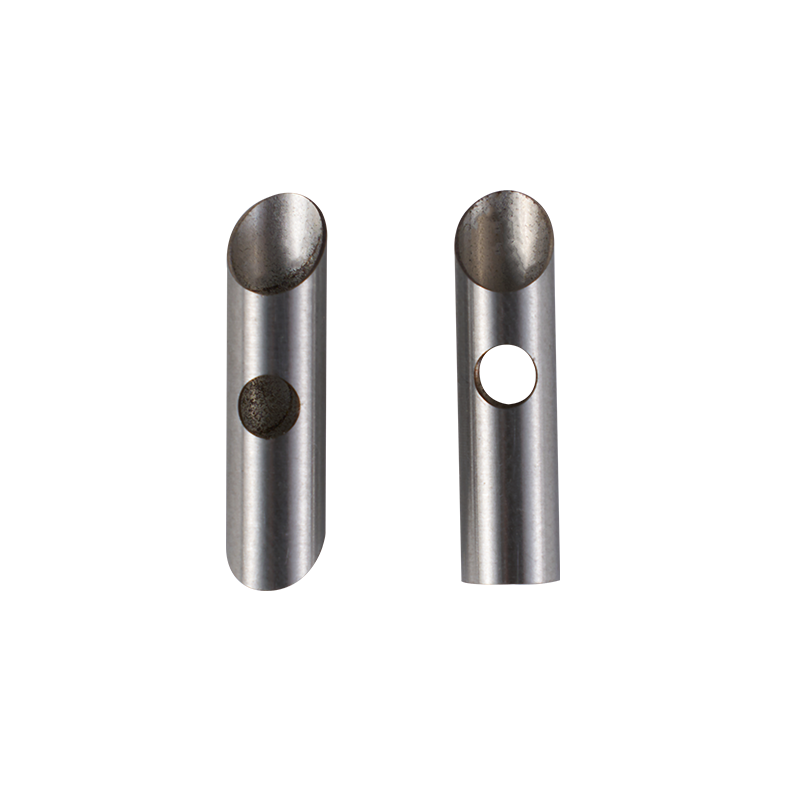+86-0577-86858771
Precision fluid handling is critical in applications where small variations in flow or pressure can affect overall system performance. Industrial needles and stainless steel capillaries are commonly employed in these settings to ensure accurate delivery and stable operation. The ability of stainless steel capillaries to maintain consistent performance under pressure makes them a practical choice for processes involving high-pressure fluids, narrow tolerances, and continuous operation.
Stainless steel capillaries are thin tubes designed to guide fluids.Their uniform inner diameter and smooth surface reduce turbulence, helping maintain stable flow even when systems operate at elevated pressures. When paired with industrial needles, they provide precise control over fluid direction and delivery rate, which is essential for applications in laboratories, chemical processing, and automated manufacturing. Pressure fluctuations can compromise measurement accuracy or system efficiency, and capillaries help mitigate this risk by providing a predictable flow path.

The selection of stainless steel for capillaries is driven by its mechanical strength and resistance to deformation. Under high-pressure conditions, softer metals or plastics may expand or distort, altering the flow characteristics and potentially causing leaks. Stainless steel maintains its shape and tolerates pressure changes without significant variation in internal diameter. Its resistance to corrosion further ensures that fluids, including those with chemical aggressiveness, do not degrade the material over time. This combination of strength and chemical stability allows systems to function consistently over prolonged periods.
The inner diameter and wall thickness of stainless steel capillaries are key factors in managing pressure and flow. Narrower capillaries can provide higher resistance to flow, enabling more precise control in sensitive applications, while wider capillaries reduce the risk of clogging when fluids contain particulates. Thicker walls increase the structural strength of the capillary but may reduce flexibility in routing or installation. Selecting a capillary that balances these factors ensures that the component can handle the intended pressure while integrating effectively with industrial needles and other system components.
Stainless steel capillaries are not standalone components; they function within complex fluid systems that include pumps, valves, sensors, and dispensing mechanisms. A mismatch between capillary diameter and system requirements can cause pressure drops, turbulence, or inconsistent flow. Industrial needles often rely on capillaries to deliver fluids precisely to their target locations. Ensuring compatibility between these components helps maintain system stability and supports continuous operation, even when the system is under variable load or pressure conditions.
Regular inspection and maintenance of stainless steel capillaries contribute to consistent performance under pressure. Even with durable materials, deposits or particulate accumulation can restrict flow. Cleaning procedures that remove residues without damaging the capillary surface help sustain smooth operation. Proper alignment with industrial needles and careful monitoring of system pressure reduce the likelihood of mechanical stress or unexpected wear, extending the service life of the components.
Industries that rely on precise fluid delivery under pressure include chemical manufacturing, laboratory analysis, medical technology, and automated production lines. In chemical processes, stable flow rates are critical to reaction consistency. In laboratories, capillaries paired with industrial needles allow for accurate sampling and dispensing of liquids under pressure. Automated systems in manufacturing use these components to control dosing, lubrication, or coolant delivery, where even minor pressure fluctuations can affect overall process quality.
By selecting stainless steel capillaries with appropriate diameter and wall thickness, and ensuring proper integration with industrial needles, users can maintain consistent flow and pressure across a range of applications. This approach reduces operational disruptions, supports accurate fluid handling, and enhances the reliability of the entire system without relying on extensive modifications or frequent replacement of components.
Wenzhou Kangyu Medical TREATMENT
+86-0577-86858771
+86-13957709138
No. 626 Airport Avenue, Longwan District, Wenzhou City, Zhejiang Province, China
Contact Us